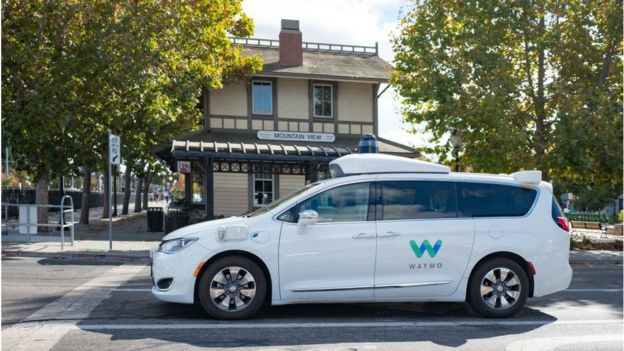En accédant aux pages web de www.coges-staging.herokuapp.com (ci-après Site), créé par PENTAGRAM Wealth Management SA Suisse (ci-après Pentagram), l’utilisateur déclare avoir pris connaissance et approuver les conditions d’utilisation et les mentions juridiques ci-dessous, lesquelles peuvent toutefois être modifiées et mises à jour. Si vous n’êtes pas d’accord avec lesdites dispositions ou si vous ne les avez pas comprises, vous êtes prié de ne pas accéder à ce Site et à ses pages.
Accès limité et restriction légales locales
Ce Site, dans son intégralité, ne s’adresse pas aux personnes morales ou physiques des juridictions dans lesquelles (pour des motifs de résidence, de nationalité, de siège social, de domicile ou pour toute autre raison) est en vigueur un ordre juridique qui interdit ou limite en particulier la publication de son contenu, son accès, la présentation de services financiers étranger ou l’autorisation de produits financiers (fonds de placement, par exemple). De telles restrictions existent, à titre d’exemple, aux Etats-Unis, au Royaume-Uni, au Canada, en Chine, à Singapour et au Japon.
Absence d’offre
Les contenus (les informations, les opinions, les éventuels documents) publiés sur ce Site ont un but purement informatif. Ceux-ci ne peuvent en aucune façon être interprétés comme une offre, une sollicitation ou une recommandation d’acheter ou vendre des instruments financiers ou de placement en tout genre ou d’effectuer des transactions. Aucune information figurant sur ce Site ne constitue un conseil (conseil en placement, légal, fiscal ou autres) et aucune décision de placement, ou autres, ne peut reposer sur une information contenue sur ce Site. Pentagram invite quiconque consulte ce Site à prendre contact avec son conseiller de confiance, avant de prendre toute décision d’investissement.
Exclusion de garantie
Le contenu de ce Site a été rédigé avec le plus grand soin possible. Toutefois, Pentagram ne peut garantir ni l’actualité ni l’exactitude ni la fiabilité ni l’exhaustivité des contenus de ce Site. Pentagram se réserve le droit de changer à tout moment, et sans préavis, toute information contenue dans ce Site; elle n’a aucune obligation de supprimer de ce Site les informations qui ne sont plus actuelles ni de les signaler expressément comme telles. Pentagram ne peut, en aucun cas, être tenue responsable pour les pertes et/ou dommages, quelle que soit leur nature (directs, indirects ou subséquents), qui pourraient découler de l’accès à ce Site ; elle décline par conséquent toute responsabilité quant au contenu de ces pages.
Droit d’auteur
Tous les éléments de ce Site sont protégés par le droit d’auteur. Par conséquent, le contenu de ce Site ne peut être reproduit, publié (partiellement ou intégralement), transmis ou modifié sans autorisation préalable de Pentragram.
Why are more and more car companies teaming up?
DE When BMW and Daimler announced a €1bn (£880m) partnership last week to develop a suite of "mobility services" together, it was a clear sign of how the auto industry had changed.
Dienstag 10 Juli 2018
all news - La finance suisse dans l'e-media
DE For one thing, the German giants - who plan to work on driverless vehicles, ride-hailing and pay-per-use cars together - are normally fierce rivals who would never dream of teaming up.
For another, their pact was just the latest in a growing line of partnerships between traditional carmakers who are preparing for an uncertain future, in which next-generation technology could upend the industry and Silicon Valley could hold more sway than Detroit or Wolfsburg.
Just recently Ford and Volkswagen agreed to "investigate" waysHonda invested $2.75bn (£2.1bn) in rival General Motors' driverless unit
There have been similar tie-ups between Tesla and Daimler, and Volvo and PSA, as well as a host of pacts between carmakers and tech firms.

What is going on? "Nobody knows what the future of mobility is going to be exactly, so people are getting together to lower the risk," says Prof Peter Wells, director of the Centre for Automotive Industry Research at Cardiff Business School. He expects electric cars, ride sharing and autonomous driving to radically change how we use cars, eventually prompting a fall in car ownership.
Why you have (probably) already bought your last car China powers up electric car market BMW and Daimler invest €1bn in tech venture So traditional carmakers are having to fight to remain relevant, particularly as tech companies like ride-hailing firm Uber and Google's driverless car business Waymo overtake them.
"The research and development to develop these new technologies also costs billions, so it makes sense to share the burden rather than duplicating," Prof Wells says. "The problem for the industry is that it is struggling to afford its own future."